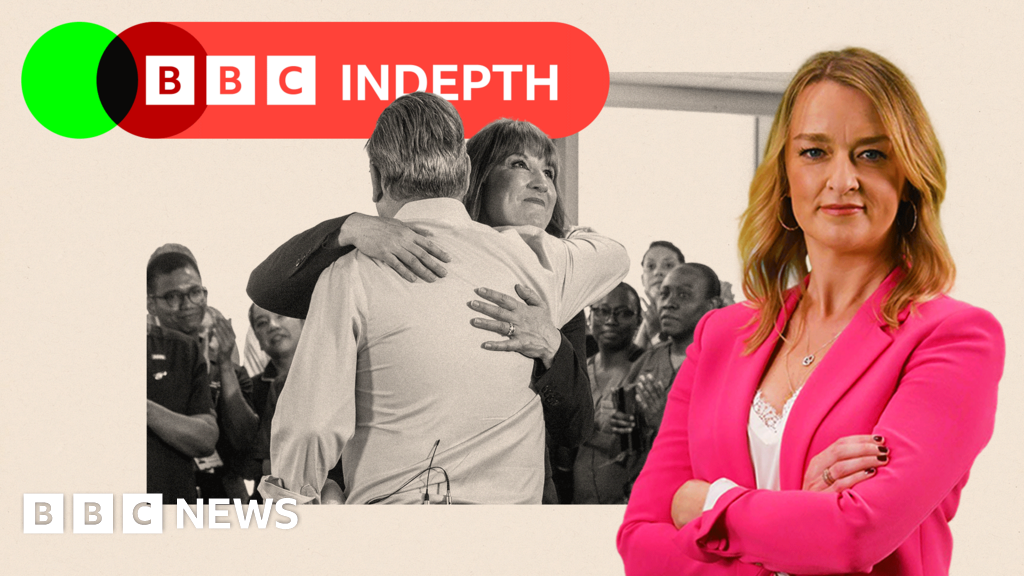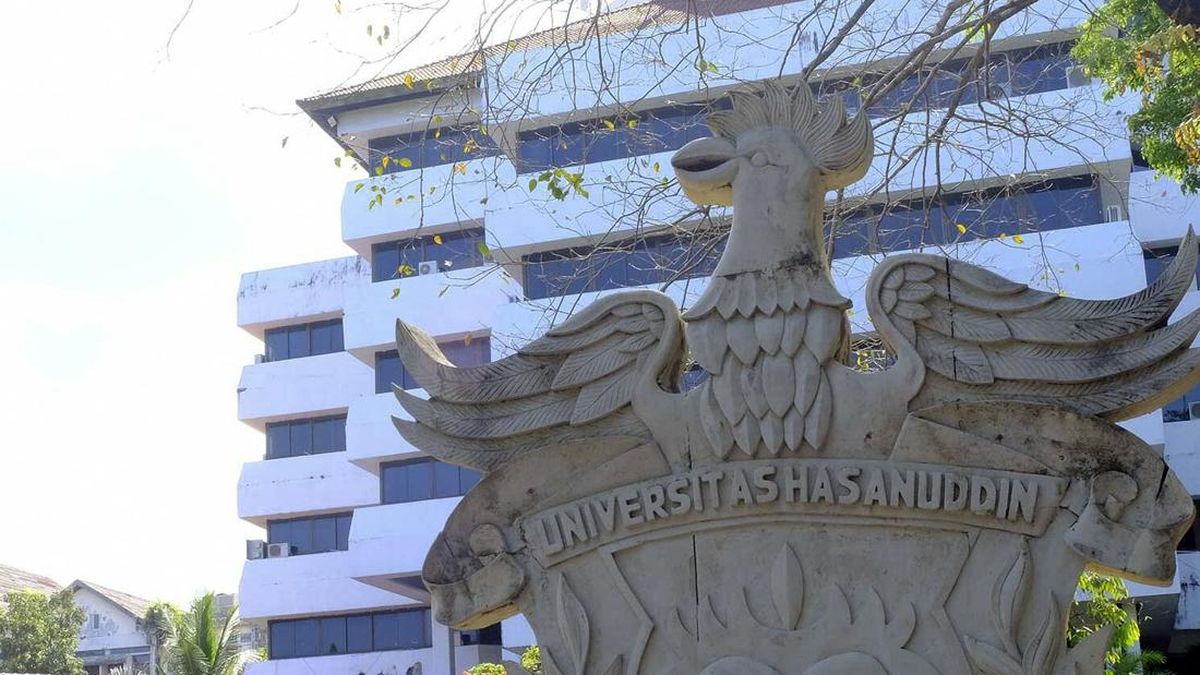I would go further than Jacqueline Maley (“The Bezos-Sanchez wedding party proves we live in an age of vulgarity”, June 29). The Bezos-Sanchez wedding surpassed vulgarity. It was an obscenity. If there were ever an argument against a wealth tax on billionaires, it was dispelled by that single event. Tony Judge, Woolgoolga
Beauty is in the eye of the beholder, as they say. You look at the positives and negatives of Bezos’ nuptials. Jeff Bezos apparently pays a 1.1 per cent tax currently, substantially lower than the average American pays, which is likely to decrease further once the Trump bill passes through the US Congress and Senate. Having said that, Bezos has contributed to the Venice economy in the past few days in a way they could only dream of. But he can’t beat Indian billionaire Mukesh Ambani’s son’s wedding last year - apparently Ambani spent over $US$1.1 billion, which supported the local economy in India, and he also invited the world’s who’s who, including Tony Blair and many other influencers. In both cases, it’s their own wealth they are spending or showing off, though it might look vulgar and obscene to an average punter in the street. That’s life, as Derryn Hinch used to say. Mukul Desai, Hunters Hill

Newlyweds Lauren Sanchez Bezos and Jeff Bezos leave Venice.Credit: AP
Jacqueline Maley sums up glaring divide between the so-called rich, famous and powerful and a society desperately struggling to survive. The excess and blatant display of wealth and self-importance is all about those who telegraph to the world that despite global uncertainty, exhibitionism is of greater importance. For those of us whose love brought them to a wedding ceremony in a time and place very different to that of today, the simplicity of the occasion is something to be cherished. While we wish the newlywed couple well for their future happiness, our hope is that they retain an everlasting love that transcends the extravagance. Allan Gibson, Cherrybrook
According to the long-held view “the more expensive the wedding, the quicker the divorce”, this marriage will be very short indeed. Heather Johnson, West Pennant Hills
Creepy AI friends
It is concerning that many young children and teenagers (or adults, for that matter) have no human confidant and must rely on an AI chatbot for interaction (“Her best friend wasn’t real, but they still spoke every day”, June 29). “Invisible friends” and diaries have always provided a safe haven for thoughts and creative play, but AI bots deliver a menacing undertow where control is limited and information flow is indeterminate. Many of our children and the vulnerable are at risk, and safeguards need to be calculated to allow safe interaction both in the “now” and the future use of personal and confidential information. Janice Creenaune, Austinmer
Shut up and shop
I sympathise with Thomas Mitchell’s aversion to insincere retail bonhomie (“Does the customer want to chat? Since you asked, no”, June 29). But far worse than shop assistants who chattily probe the details of one’s social calendar is the irritation of having a fellow shopper insist on amiably blathering on to said assistant, with both of them oblivious to the growing queue. Maybe the “dreaded manager” lurking somewhere offstage could “offer feedback” to the assistant that those of us who just want to get in and get out as quickly and efficiently as possible would appreciate a timely acknowledgement of our existence as a polite nudge to the bottlenecker to keep it moving. Adrian Connelly, Springwood
Degrees of toxicity
The 1974 play The Department by David Williamson blew the whistle on the unpleasantness of academia with self-interest, desperate ultra-competitiveness and jealousy of academic staff (“Class divide: What it’s really like in academia”, June 29). I experienced a similar toxic environment at a leading university from 1974 to 1984 and, despite extremely successful research, resigned in disgust at the behaviour of professors and staff. Little did Williamson know that for a raft of reasons academia is now an even less attractive career. Perhaps it’s time for an updated play. Geoff Harding, Chatswood
Spit of despair
To your correspondent (Letters, June 29) – my preference in fixing the Spit Bridge imbroglio would be to remove it completely and return to the 1907 boatmen system to ferry whoever and whatever across the Mississippi-wide expanse that has befuddled many a politician for a long, long time. Of course, this might not suit all who rely upon the route from the north to the south and back again, but would be in line with the intellectual void that has been ruling this part of transport solutions since the late 19th century. John Kingsmill, Fairlight
Enough already
When politicians and commentators talk about abundance, it makes the already-haves feel nicely entitled, and it makes the not-yet-haves feel they have to go out and fight for a better deal (“More is more: The big idea that’s inspired Jim Chalmers (huzzah!)”, June 29). What if governments and society in general were to turn their efforts towards sufficiency? In a sufficiency economy, everyone has food and shelter, at least, every day and every night. Until we get that right, it is inhuman to be squabbling about abundance. Pen Layton-Caisley, Marrickville
Defying logic
If Donald Trump is awarded the Nobel Peace Prize (“Best week of Trump’s second term”, June 29), then there is no logical reason why the cow that jumped over the moon is not awarded the Nobel Prize in physics. Mary Carde, Parrearra, (Qld)
- To submit a letter to The Sun-Herald, email [email protected]. Click here for tips on how to submit letters.
- The Opinion newsletter is a weekly wrap of views that will challenge, champion and inform. Sign up here.
Most Viewed in National
Loading


















































